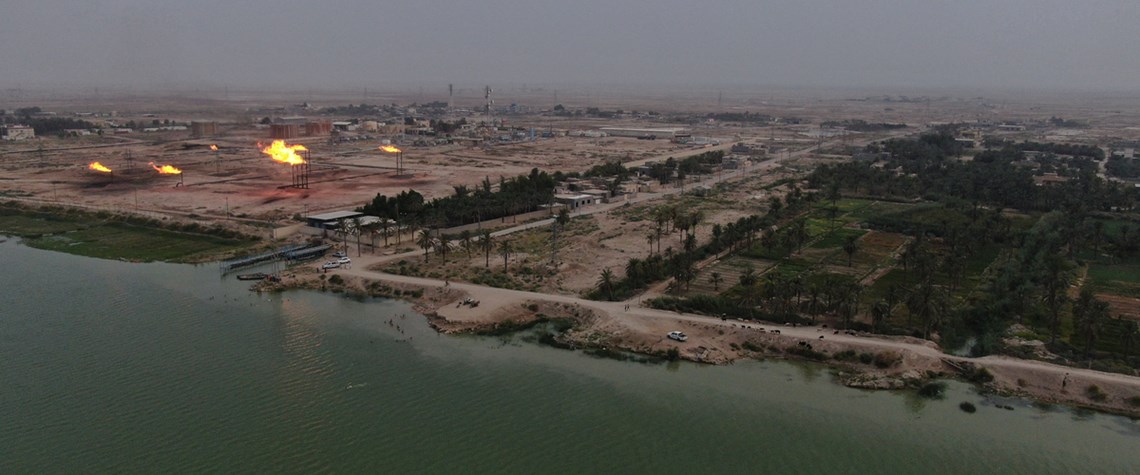Unlocking southern Iraq’s oil
Baghdad’s revisiting on contractual terms may need to be radical to stop IOC flight and offer alternatives to China
Southern Iraq is home to some of the world’s largest oilfields. Combined with a low cost of extraction, it is easy to see why the country places behind only Saudi Arabia as Opec’s second-largest oil producer. But taking advantage of significant remaining growth potential is a much trickier proposition and may require short-term concessions for longer-term gain. Reserves According to Opec data, Iraq has total oil reserves of 145bn bl, with the majority located in the south of the country. There is also believed to be significant upside potential pending further exploration. Roughly 85bn bl are conveniently spread across south-eastern supergiant fields including Majnoon, Rumaila, West Qurna-1,

Also in this section
4 March 2026
The US president has repeatedly promised to lower gasoline prices, but this ambition conflicts with his parallel aim to increase drilling and could be upended by his war against Iran
4 March 2026
With the Strait of Hormuz effectively closed following US-Israel strikes and Iran’s retaliatory escalation, Fujairah has become the region’s critical pressure release valve—and is now under serious threat
3 March 2026
The killing of Iran’s Supreme Leader Ayatollah Khamenei in US–Israeli strikes marks the most serious escalation in the region in decades and a bigger potential threat to the oil market than the start of the Russia-Ukraine crisis
2 March 2026
A potential blockade of the Strait of Hormuz following the escalating US-Iran conflict risks disrupting Qatari LNG exports that underpin global gas markets, exposing Asia and other markets to sharp price spikes, cargo shortages and renewed reliance on dirtier fuels







